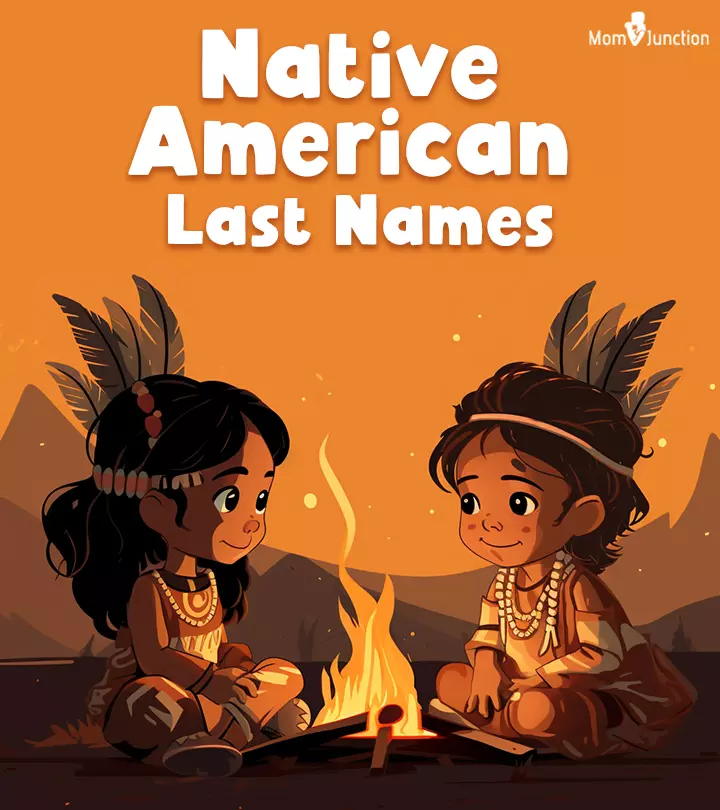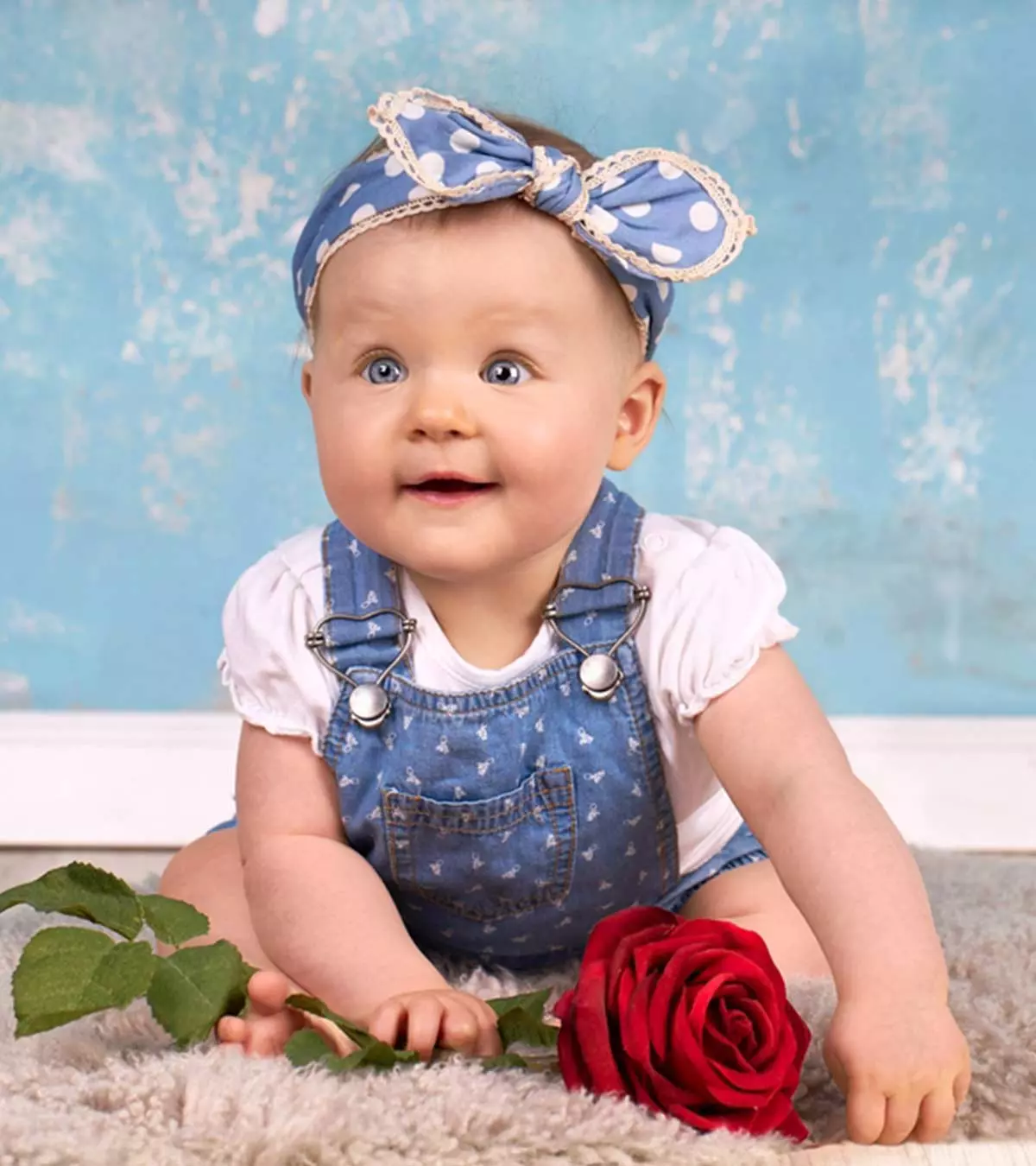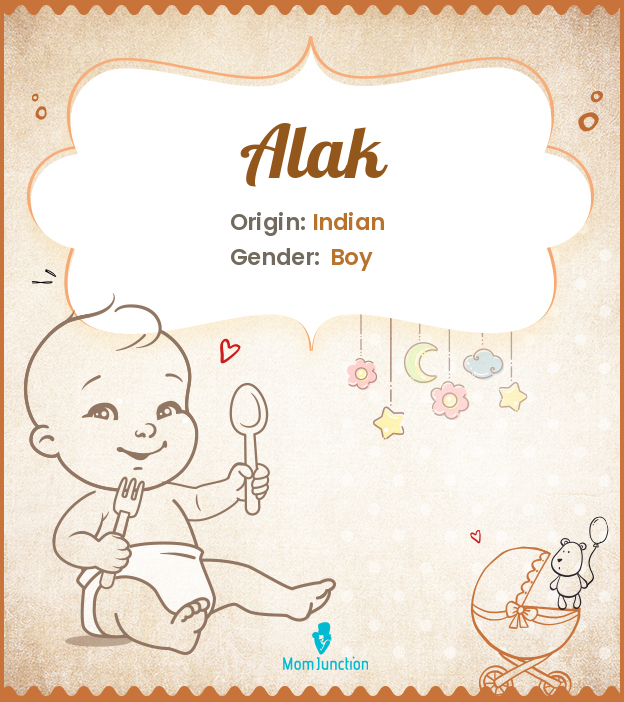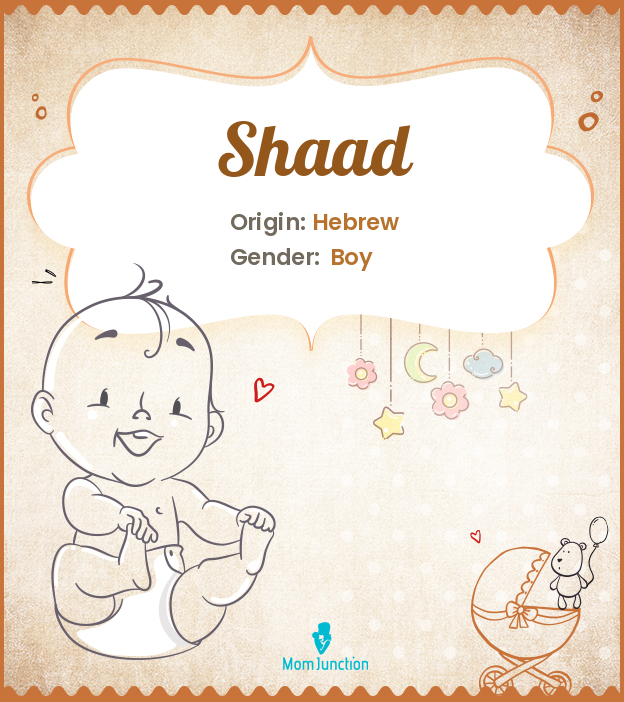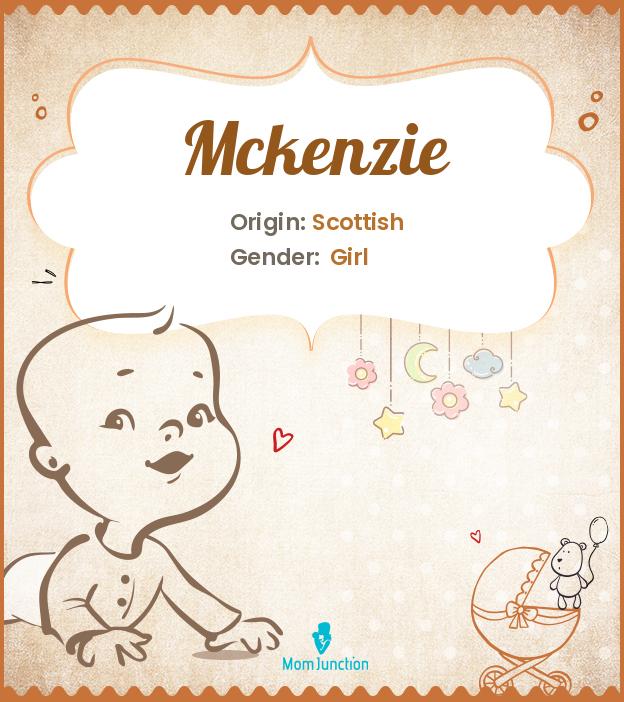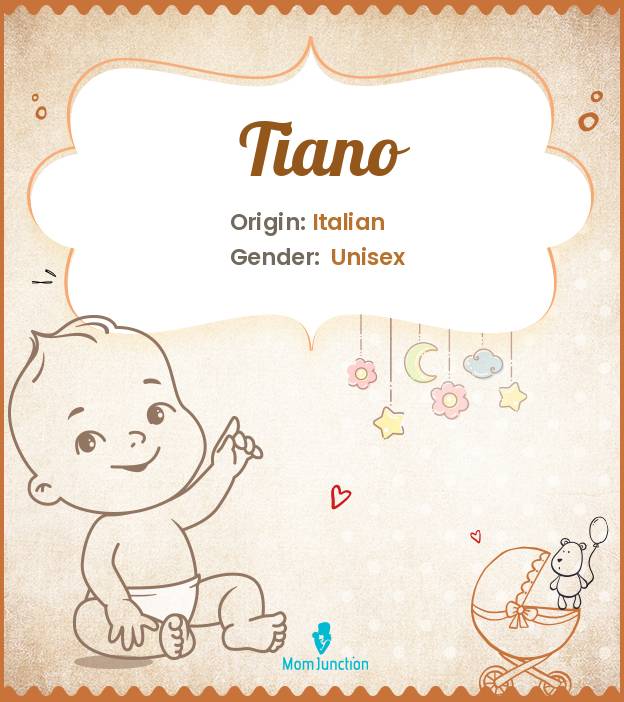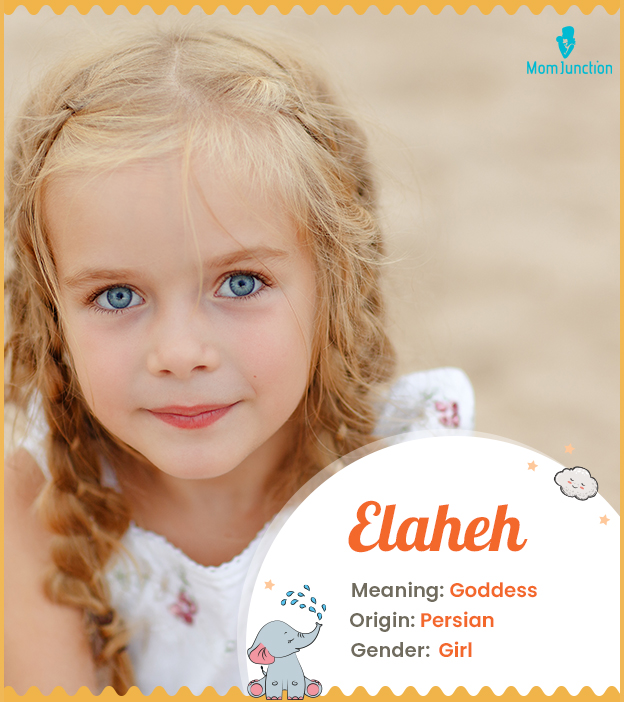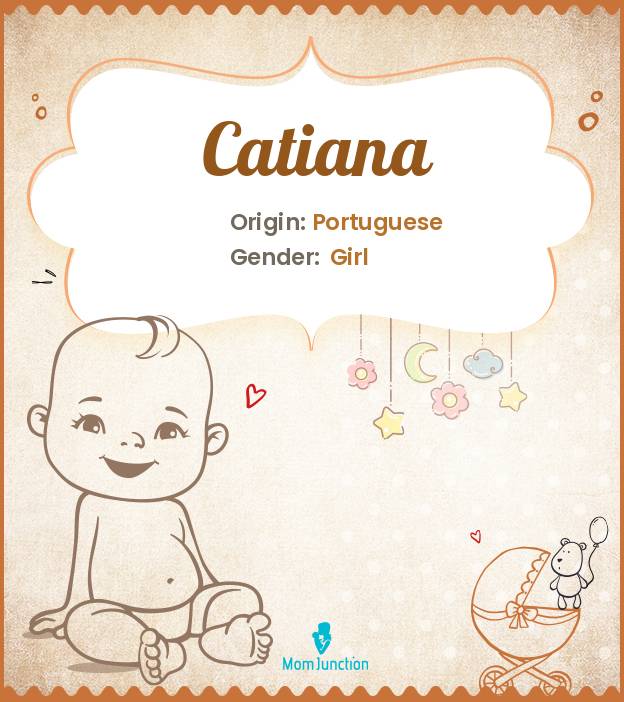80 Yiddish Boy Names To Connect With The Past
Honor your Jewish traditions with a Yiddish name for your little prince.
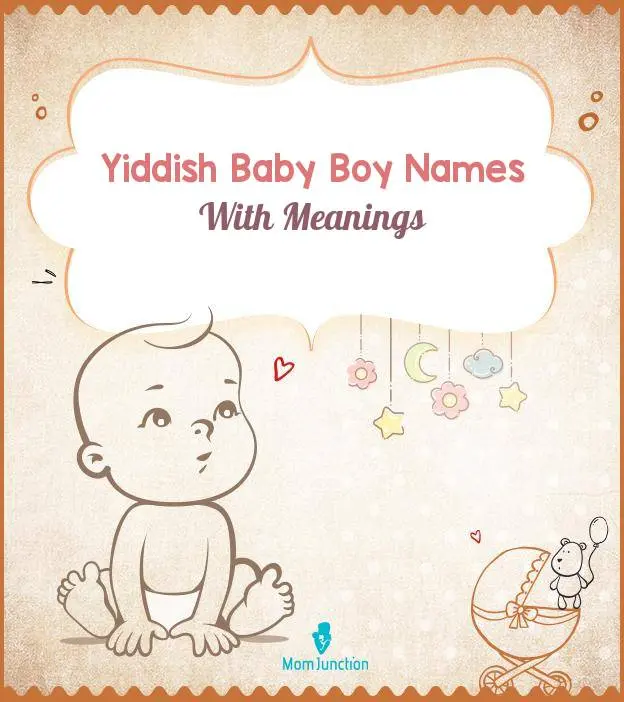
Illustration: MomJunction Design Team
Yiddish, the cherished language spoken by Jews of Eastern Europe, is a cultural tapestry woven from German and Hebrew threads. Delving into Yiddish baby names takes us on a journey through history, language, and identity.
In Eastern European Jewish communities, personal names hold a special place. They mirror the evolution of Jewish culture and its fusion with Yiddish over centuries. Yiddish personal names, deeply rooted in tradition, have evolved over time within the community. Reflecting a mix of Hebrew, German, and even Slavic influences, these names were an intrinsic part of daily life. On the other hand, family names, a more recent addition, emerged in the 19th century due to state mandates. Unlike personal names, they were less integrated into Jewish consciousness until the 20th century (3).
Religious significance colored the naming landscape. Two categories emerged for male names: "shemot ha-kodesh" (sacred names) in Hebrew and oyfruf-nemen in Yiddish and "kinuyim" (secular names) in Hebrew, ruf-nemen in Yiddish. The former, a collection of names with profound religious connotations, adorned boys during their circumcision and held importance during synagogue readings. The latter encompassed a broader array of names that served the day-to-day identity of individuals (3).
As we delve into this treasury of tradition, join us in uncovering Yiddish baby boy names filled with timeless meanings. Each name is linked to this remarkable linguistic and cultural heritage, offering insight into the profound stories that shaped generations. These narratives continue to resonate in today's world, connecting us to the past. These names are like windows into history, showing how people's beliefs and cultures shaped the names they gave to their children. So let's explore this world of names and meanings and discover the stories they hold.
On This Page
Browse Baby Names By Gender
Browse Baby Names By Alphabet
| Name | Gender | Meaning | |
|---|---|---|---|
| | Beloved; Uncle | ||
| | A bear; Mighty | ||
| | Wolf; Path of the wolf | ||
| | Comforter; Person; Man | ||
| | He will add | ||
| | Deer | ||
| | Deer; Hart | ||
| | Sheep shearer; Tailor | ||
| | Deer; Hart | ||
| | Torch; Corposcant; My God is help; My God is Yahweh | ||
| | Peace | ||
| | Bright; Bear | ||
| | Remainder; Dove; Beautiful name | ||
| | Drew out; Savior; To pull out of water | ||
| | Salvation; God saves | ||
| | Little fish | ||
| | An animal; A lion | ||
| | Old | ||
| | Bear | ||
| | Good; Beloved; Uncle; Eighth; Twin | ||
| | Defending men | ||
| | Beautiful | ||
| | Fine man; Elegant man; Cultivated man; Excellent man | ||
| | Light of God; High mountain; Exalted | ||
| | Grandfather; Elderly man | ||
| | He laughs; Laughter | ||
| | Yahweh is my God; The Lord is my God | ||
| | God strengthens; God's helmet | ||
| | Savior; Draw out of water; Son; Deliver | ||
| | God is gracious; Beautiful | ||
| | Grain; Warrior; Stunted | ||
| | Blessed; Happy | ||
| | He will laugh | ||
| | God's protection; Happy; Blessed | ||
| | Bear | ||
| | Bright; Pure | ||
| | Deer; Hart; A deer | ||
| | Spear; Yiddish form of Lancer | ||
| | Helpless; God is my help; Morning star | ||
| | To cut; Taylor | ||
| | Yahweh is gracious; God's gift; Beautiful | ||
| | Yahweh is good | ||
| | Descendant of Sléibhín; Glory; Fame; Praise; Pilgrim's cloak or mantle | ||
| | Yahweh may protect | ||
| | Deer; Hart; A deer; A variant of Hersch | ||
| | Little son | ||
| | The waters; River Dubra | ||
| | Rural; Rustic | ||
| | Gold | ||
| | Deer | ||
| | Love | ||
| | One with individuality and independence | ||
| | Blessed; Happy life | ||
| | Blessed | ||
| | Yiddish form of Abraham, meaning Father of a multitudes | ||
| | Yiddish form of Asher; Fortunate; Blessed; Happy | ||
| | Mountain; Yiddish form of Aaron | ||
| | A form of Abraham; Father of multitudes | ||
| | Blessed | ||
| | Blessed | ||
| | God strengthens | ||
| | One who is beloved, favorite, or darling | ||
| | Someone with a bright and radiant personality | ||
| | Bright and radiant | ||
| | Fruitful | ||
| | Deer | ||
| | Deer; Yahweh is salvation | ||
| | Comforter; Full of comfort | ||
| | The rose flower | ||
| | Peace | ||
| | Wolf | ||
| | Grandfather | ||
| | Earth; Soil; Bread | ||
| | Defender of man | ||
| | Little son | ||
| | Nursing | ||
| | God contends; To fight | ||
| | Drew out | ||
| | Yahweh is good | ||
| | Bright one; Pure; Sun | ||
Yiddish baby names are like bridges that connect us to the past, carrying the essence of generations and their experiences. Choosing a name isn't just about what sounds good; it's about carrying forward a legacy of culture and love. As you begin naming your little one, may these names inspire you to cherish the stories they hold and the bright future they represent.
Frequently Asked Questions
1.Is there a Yiddish name that means lion?
Yes. The Lion of Judah, known in Hebrew as "Aryeh Yehudah," is a symbol of Jewish identity and culture. It is widely recognized as the emblem representing the tribe of Judah. Some Yiddish names which mean lion are Aryeh, Arieh, and Lieb (1).
2.What is the Yiddish name for Fox?
Shual, a masculine name, is one Yiddish name that carries the connotation of 'fox.'
3.Are there any Yiddish baby boy names that have fallen out of use?
Velvel, meaning 'little wolf,' Yankel, a rare variant of Jacob, meaning 'may God protect,' and Yosl, a rare variant of Joseph, meaning 'he or God will add,' are considered some Yiddish boy names that are rarely used.
4. How do Yiddish baby boy names differ from other Jewish baby names?
Yiddish grew out of the Jewish language and is primarily a mix of German, Semitic, Slavic, and other languages (1). Yiddish names may have spelling and pronunciations that may differ from traditional Jewish names. The Yiddish language is predominantly associated with the Ashkenazi Jews and will draw inspiration from the culture.
5.Can Yiddish baby names be used in non-Jewish families?
Yes, Yiddish baby names can be used by non-Jewish families. Still, while using names of a different culture, one must consider cultural appropriation and respect other cultures and traditions.
6.What are some Yiddish baby boy names translated into other languages and still maintain their original meanings?
Ber meaning 'bear,' when translated into other languages like Björn in Swedish, Germanic, and Slavic languages, still retains its meaning. The feminine name Golda which means 'gold,' when translated into English, is spelled as Goldie but still holds the same meaning.
7.What is the significance of naming a baby boy after a family member or ancestor in Yiddish tradition?
In the Yiddish or Ashkenazi tradition, it is a strong custom to name a baby after a deceased ancestor. The baby is named after the closest relative who isn't named yet in the family (2). The reason behind this is that if given a name borne by a previous ancestor, the child might have some of the virtues of the deceased relative.
Infographic: Charming Yiddish Baby Boy Names
Yiddish baby boy names are not just meaningful but also carry cultural significance. Draw inspiration from the history of this language and select a name for your little son from the infographic below. You may also save and share this wonderful compilation with parents of other newborns.
Illustration: Momjunction Design Team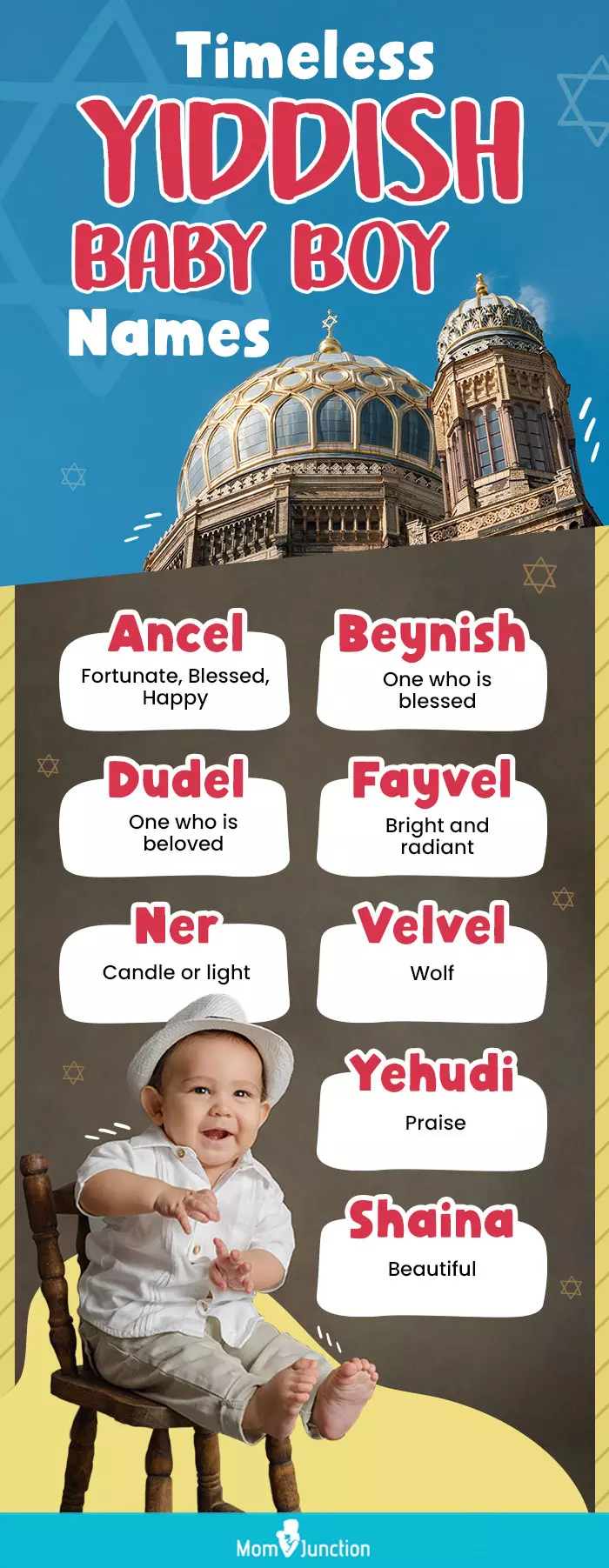
References
Look Up For Many More Names
Do you have a name in mind and want to know more about it? Or want to find names belonging to a particular origin, religion, or having a specific meaning? Use our search tool below to explore more baby names with different combinations.

Community Experiences
Join the conversation and become a part of our nurturing community! Share your stories, experiences, and insights to connect with fellow parents.
Read full bio of Nisha Bharatan
Read full bio of Rebecca Malachi
Read full bio of Trisha Chakraborty






